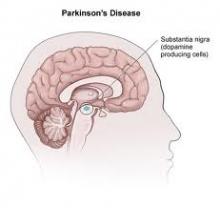
European food safety officials have condemned a controversial study that suggested genetically modified vegetables caused tumors in rats and some advocates are calling upon the publishers of the journal in which it appeared to issue a formal retraction. The paper in question was written by University of Caen researcher Gilles-Eric Seralini and suggested that rodents developed tumors and suffered from multiple organ failure after consuming genetically altered corn produced by St. Louis-based Monsanto, according to Kate Kelland of Reuters. In a letter to the editor of the journal Food and Chemical Toxicology, which originally published the research, Maurice Moloney, head of the Rothamsted Research agricultural study group, called the paper “seriously deficient in its design, its execution and its conclusions,” Reuters added. Moloney added that it was “appalling” that a “respected” journal would publish the study. In response to those criticisms, Reed Elsevier, publishers of Food and Chemical Toxicology, published a statement on their website claiming that Seralini’s work had been “objectively and anonymously peer reviewed.” Furthermore, they said that the authors had made “a series of revisions” and that only then was “the corrected paper then accepted by the editor,” according to E.B. Solomont of the St. Louis Business Journal. The journal also said its editors and publisher would review its peer review process to ensure its standards are appropriate. ‘If we conclude that changes need to be made to the peer review process, that will be communicated openly to readers of the journal,’ the journal said,” Solomont added.










